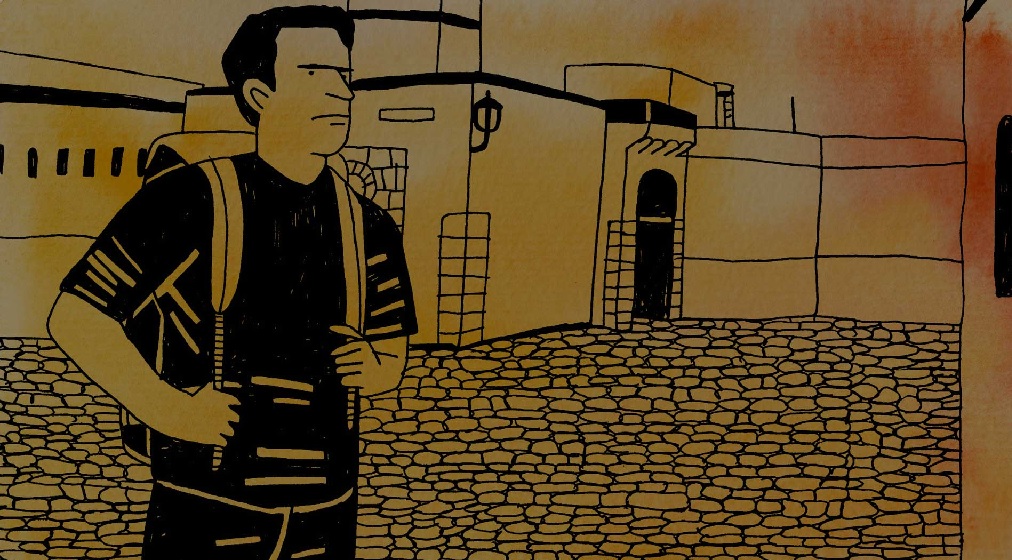Radicalization in prison has long been a critical issue in the West (and beyond), where prisons have sometimes been turned in recruitment and proselytization hubs by different kinds of extremists, including jihadists. As is well known, one of the main concerns is that radicalized subjects may indoctrinate other common detainees. Italy has also been affected by this phenomenon and jihadist radicalization in prison represents a concrete threat. This analysis presents an overview of the problem, based on the latest available data. As of late 2018, there were 66 detainees who were either awaiting trial or already sentenced for crimes related to “international Islamic terrorism”. These individuals were placed in a special section (the “High Security 2” – AS2 circuit) and were rigorously separated from other detainees. In addition, as of October 19, 2018, there were a total of 478 individuals flagged for radicalization in Italian prisons: 233 in the 1st level – High; 103 in the 2nd – Medium; 142 in the 3rd level – Low. Furthermore, in an attempt to counter violent extremism and radicalization, Italian authorities have been increasingly deporting foreign individuals for national security reasons. In 2018, no fewer than 79 individuals had been expelled upon release from prison. In the face of these new challenges, Italian authorities are strengthening their commitment to identify and counter the threat posed by jihadist radicalization in prison. These efforts include identification and monitoring activities also thorough indicators of violent radicalization, management of extremists after release from prison, training of staff, and rehabilitation initiatives.



